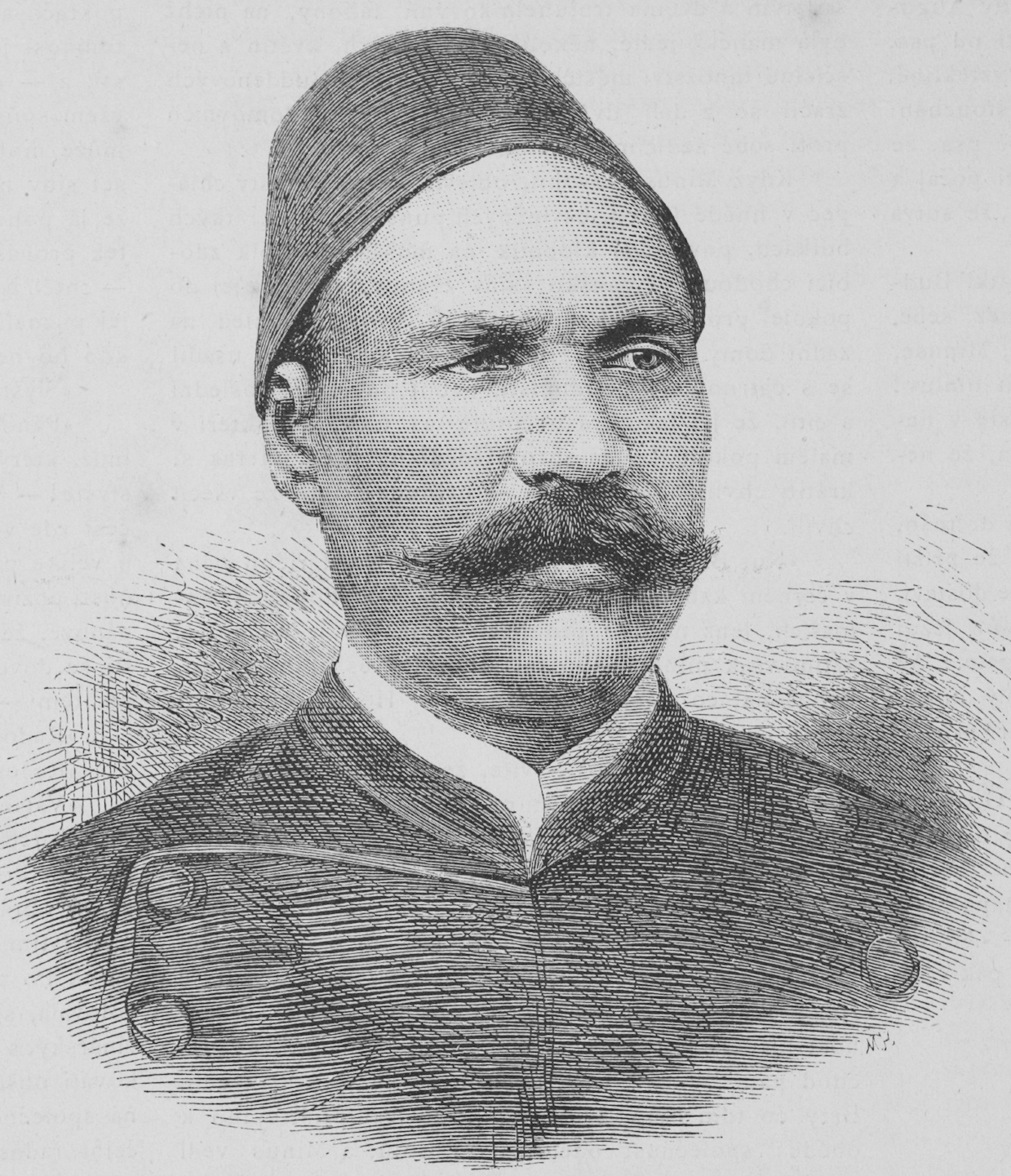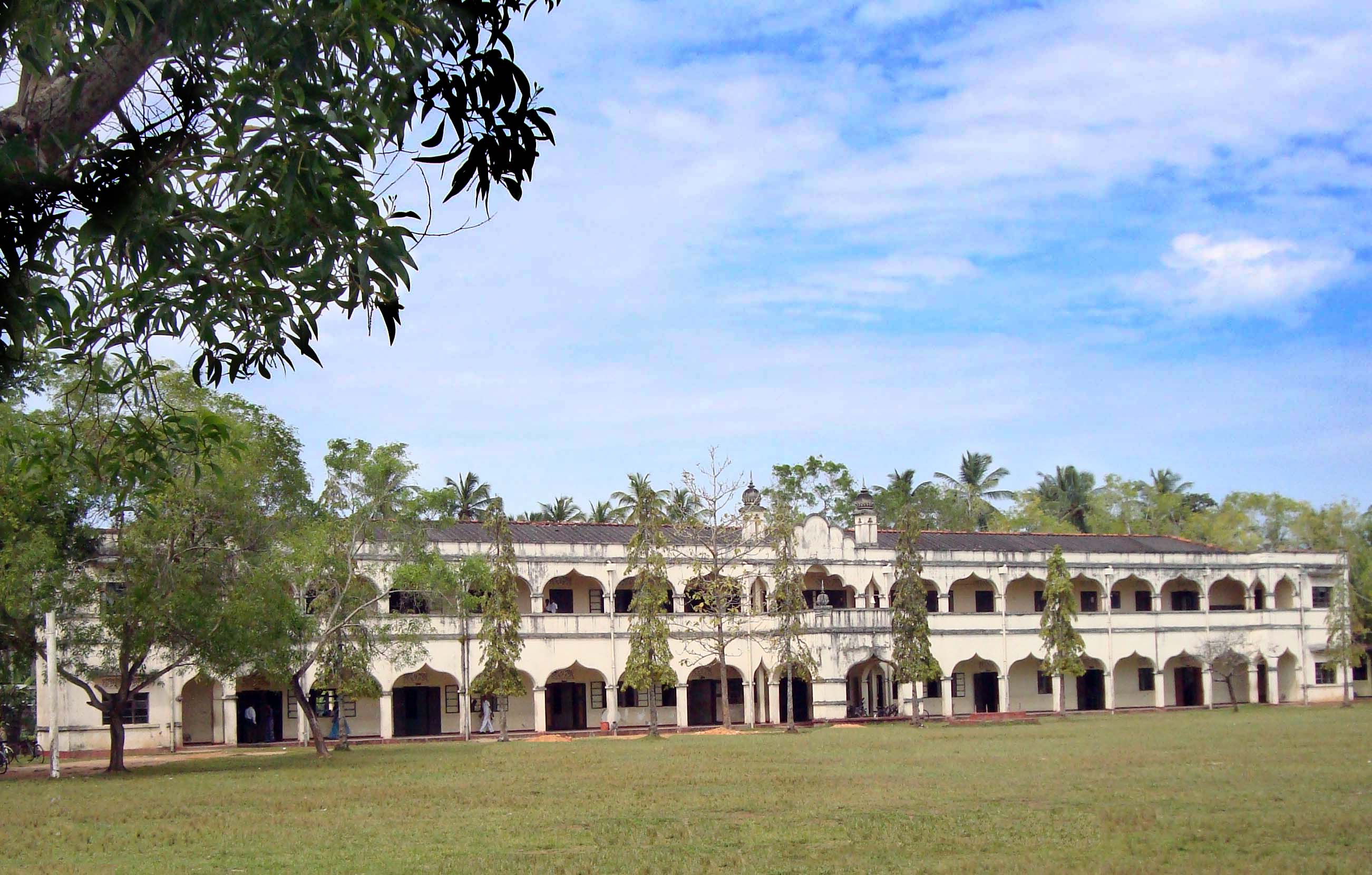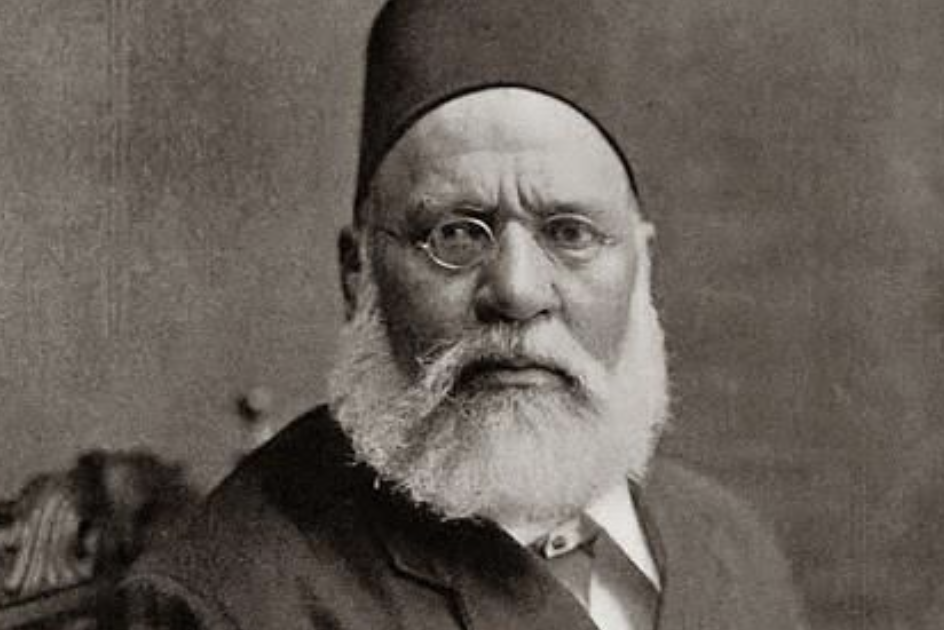Across a vast history dating back thousands of years, Egypt gave birth to fascinating minds and brilliant legacies. Regardless of the era in question, there feature countless incomparable icons and national heroes – be it authors, politicians, artists, doctors, and possibly professionals across all kinds of fields. This does not make it easy when I talk to people during my travels about Egypt, though it definitely gives me pride to feel part of an amazing pharaonic bloodline.
Last January was my first time traveling post-pandemic. When things became a bit more stable, I could not waste time any longer and took all my passion along with me to the one and only Pearl of the Indian Ocean: Sri Lanka.
Along the streets of this beautiful country and in one of my favorite cities, Kandy, I came across Ahmed Orabi’s residence and it showered me with pride; I felt my country’s touch miles and miles away. However, it took me some time to research how far his nobility went in a country far away from his own.
Most of us know who Ahmed Orabi is in Egypt, but beyond that, our knowledge is humble. It comes as no news to Egyptians that Ahmed Orabi was exiled by the British Government to Ceylon long before it was renamed to Sri Lanka. But who is Ahmed Orabi and what is the backstory of his exile?

Ahmed Orabi was born into a wealthy family in 1839, near Zagazig in the Sharqia Governorate. His privileges gave him access to higher education, allowing him to complete his studies in Al-Azhar University. To say the least, educational luxury and family welfare paid off when he became Lieutenant Colonel at an early age.
Early on in his career progression, he joined a secret faction within the Egyptian army. It was a cause to limit Turkish and Circassian officers making the highest ranks exclusively, while Egyptians were deprioritized. Khedive Tawfik, being disturbed with Orabi’s growing popularity and reputation, felt threatened by the consequences and demanded for French and British assistance before matters escalated. This prompted a British naval demonstration through the Bay of Alexandria. Much to everyone’s disbelief, the icon Ahmed Orabi was detained, court-martialed and sentenced to death.
However, with British intervention, his sentence was changed to an exile to Ceylon, and he would be ordered to leave the country on 28 December, 1882.
His noble movements did not come to a halt after leaving Egypt. Wandering the city of Kandy, close to the Sri Lankan Highlands, I came across the Orabi residence that has been purchased by the Egyptian government and turned into a museum commemorating his legacy. A legacy that dwells not only on Egyptian soil, but across foreign lands as well.
Through his 19 years of exile, Orabi took all he studied at Al-Azhar university and started rallying the local Muslim community, putting effort into strengthening their knowledge around Islam and Arabic, the latter of which was not given substantial education in the country. At the time of his exile in 1882, formal Arabic was not yet part of the Muslim Sri Lankan studies. As such, Sri Lankans were struggling to read the Quran in its language of origin. As an alumnus of Al Azhar University, Orabi refused to let that go untreated.
Without a doubt, by his personality and elaborate use of words, he managed to take the spotlight and acquaint himself with the Muslim intellects of Ceylon.


As language was a great concern of his, it also concerned Muslim intellects locally. Siddi Lebbe, a Muslim scholar who was a frequent visitor to the Orabi household in Colombo, made it clear troubled he was by discussing various topics on the issue, including the launch of charity Wapichee Markar, Zahira College. Founded in 1892 in Colombo, the college provided a variety of studies to strengthen the Muslim community on the island. People started adopting Egyptian traditional wear including the Turkish headpiece, the Fez (colloquially called tarboosh), alongside being able to read the Quran and understand the hadees (words of Prophet Muhammed).


After establishing the first Muslim school in Ceylon and unifying Muslim intellectualism, Orabi was credited with bringing Muslims together and providing aid to a minority religion. That being said, after years of being diaspora, the Muslim community managed to win seats in parliament and officially get the representation they needed through democracy.
By then, it only made sense to start a family and marry a Sri Lankan woman, with whom he had sons and daughters. Yet after his pardon, he was asked to leave his daughters in Ceylon by the Ceylonese Government and only take his sons along to Egypt.
According to a published interview conducted by Al-Arabiya, one of his descendants, Ibrahim Ansar, became the Sri Lankan Ambassador to Egypt.
The endless work and influence Ahmed Orabi Pasha has left are massive, not only in his homeland but his legacy touches foreign lands from the day he set foot on the Ceylonese Island until the present. It is with immense pride that I mention my favorite quote from Ahmed Orabi Pasha, “How can you enslave people when their mothers bore them free?”







Comments (0)